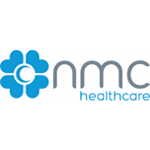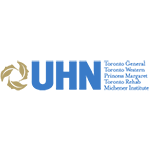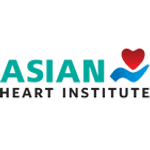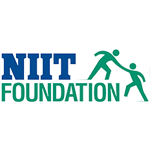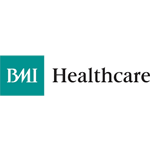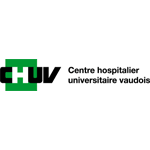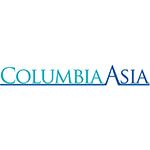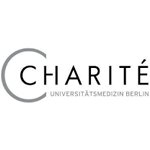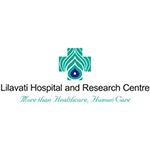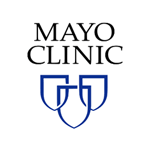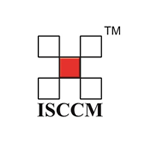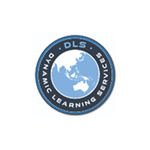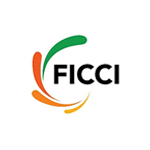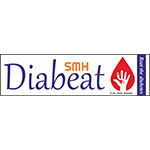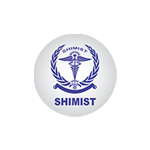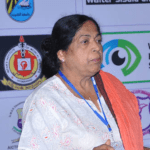
Retired Professor, Faculty of Health Sciences, Walter Sisulu University, South Africa
-
 Skill Levelexpert
Skill Levelexpert -
 Lectures1 Video
Lectures1 Video -
 Enrolled 100 students enrolled
Enrolled 100 students enrolled
 Free
Free
 Free
Free
-
 Skill Levelexpert
Skill Levelexpert -
 Lectures1 Video
Lectures1 Video -
 Enrolled 100 students enrolled
Enrolled 100 students enrolled

Key concepts covered include:
“Objectives of the course include the following aspects:
- Modalities that can be considered to neutralize/minimize oxidative stress & secondary complications of diabetes
a) Major endogenous Antioxidant systems and their functions
b) Exogenous Antioxidants, their sources, bioavailability, and mechanisms of action
c) Health benefits of different classes of exogenous antioxidants
d) Modalities one can follow in managing oxidative stress
e) A thorough understanding of the above is considered very important for the successful management of patients with diabetes.”
What you'll learn
Oxygen is absolutely necessary for life processes. It can generate highly reactive molecules during metabolic processes and become part of potentially harmful and damaging molecules called free radicals. read more »»
Physiological levels of reactive oxygen species (ROS) generated in metabolism are removed by endogenous antioxidant systems. In addition to the endogenous antioxidant systems, exogenous antioxidants of dietary origin also play crucial roles in maintaining the redox balance in the body and prevent oxidative stress.
Increased oxidative stress causes healthy cells of the body to lose their structure and function by the ROS insult. It is when the antioxidant systems in the body deplete or get limited that this damage becomes debilitating and lead to complications.
A comprehensive understanding of the above objectives empowers the health professional in the successful management of patients with diabetes. This course will provide
a) An introduction to oxidative stress in diabetes
b) Endogenous antioxidants & how do they work
c) Exogenous antioxidants, sources, bioavailability, mechanisms by which they reduce oxidative stress
d) Importance of diet in the management of oxidative stress
e) Points to consider in diet formulations
f) Empowering the patient: Patient education in the management of diabetes
Who Should Attend?
Physicians and health care specialists involved in the management of patients with type 2 diabetes.
Instructor

Retired Professor, Faculty of Health Sciences, Walter Sisulu University, South Africa
4/5
George G completed her Ph.D. in 1980 from Central Food Technological Research Institute, Mysore. India. Currently, she is working as a Professor and Head of the Division of Medical Biochemistry, Faculty of Health Sciences at Walter Sisulu University, South Africa. Many Post-graduate students graduated under her supervision and she has several publications and presentations to her credit.
Instructor


Retired Professor, Faculty of Health Sciences, Walter Sisulu University, South Africa
4/5
George G completed her Ph.D. in 1980 from Central Food Technological Research Institute, Mysore. India. Currently, she is working as a Professor and Head of the Division of Medical Biochemistry, Faculty of Health Sciences at Walter Sisulu University, South Africa. Many Post-graduate students graduated under her supervision and she has several publications and presentations to her credit.

Retired Professor, Faculty of Health Sciences, Walter Sisulu University, South Africa
-
 Skill Levelexpert
Skill Levelexpert -
 Lectures1 Video
Lectures1 Video -
 Enrolled 100 students enrolled
Enrolled 100 students enrolled
 Free
Free
 Free
Free
Instructor


Retired Professor, Faculty of Health Sciences, Walter Sisulu University, South Africa
4/5
George G completed her Ph.D. in 1980 from Central Food Technological Research Institute, Mysore. India. Currently, she is working as a Professor and Head of the Division of Medical Biochemistry, Faculty of Health Sciences at Walter Sisulu University, South Africa. Many Post-graduate students graduated under her supervision and she has several publications and presentations to her credit.
Modulation of Oxidative Stress in Type 2 Diabetes Mellitus: A Strategy in the Management of Patients
 100 Users Enrolled
100 Users Enrolled

Retired Professor, Faculty of Health Sciences, Walter Sisulu University, South Africa
 Last Updated 12/2020
Last Updated 12/2020
-

 Lectures1 Video
Lectures1 Video -

 Enrolled 100 Students enrolled
Enrolled 100 Students enrolled
Other Top Rated Courses by Prof. Grace George

read more
INR 999
https://storage.googleapis.com/master-transformer-9446/DOSILY/Kite%20to%20Dosily%203/Oxidative%20Stress%20in%20Diabetic%20Retinopathy/Oxidative%20Stress%20in%20Diabetic%20Retinopathy_Explainer.mp4
Oxidative Stress in Diabetic Retinopathy
 7.6K
7.6K

₹ 999
Oxidative Stress in Diabetic Retinopathy
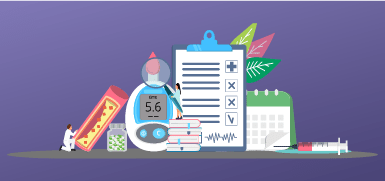
read more
INR 999
https://storage.googleapis.com/master-transformer-9446/DOSILY/IP%20Courses/Oxidative%20stress%20in%20type%202%20Diabetes%20mellitus%3A%20its%20importance%20in%20the%20management%20of%20patients/Oxidative%20Stress_Grace%20George_Explainer%20(1).mp4
Oxidative stress in type 2 Diabetes mellitus: its importance in the management of patients
 6.4K
6.4K

₹ 999
Oxidative stress in type 2 Diabetes mellitus: its importance in the management of patients
Related Courses
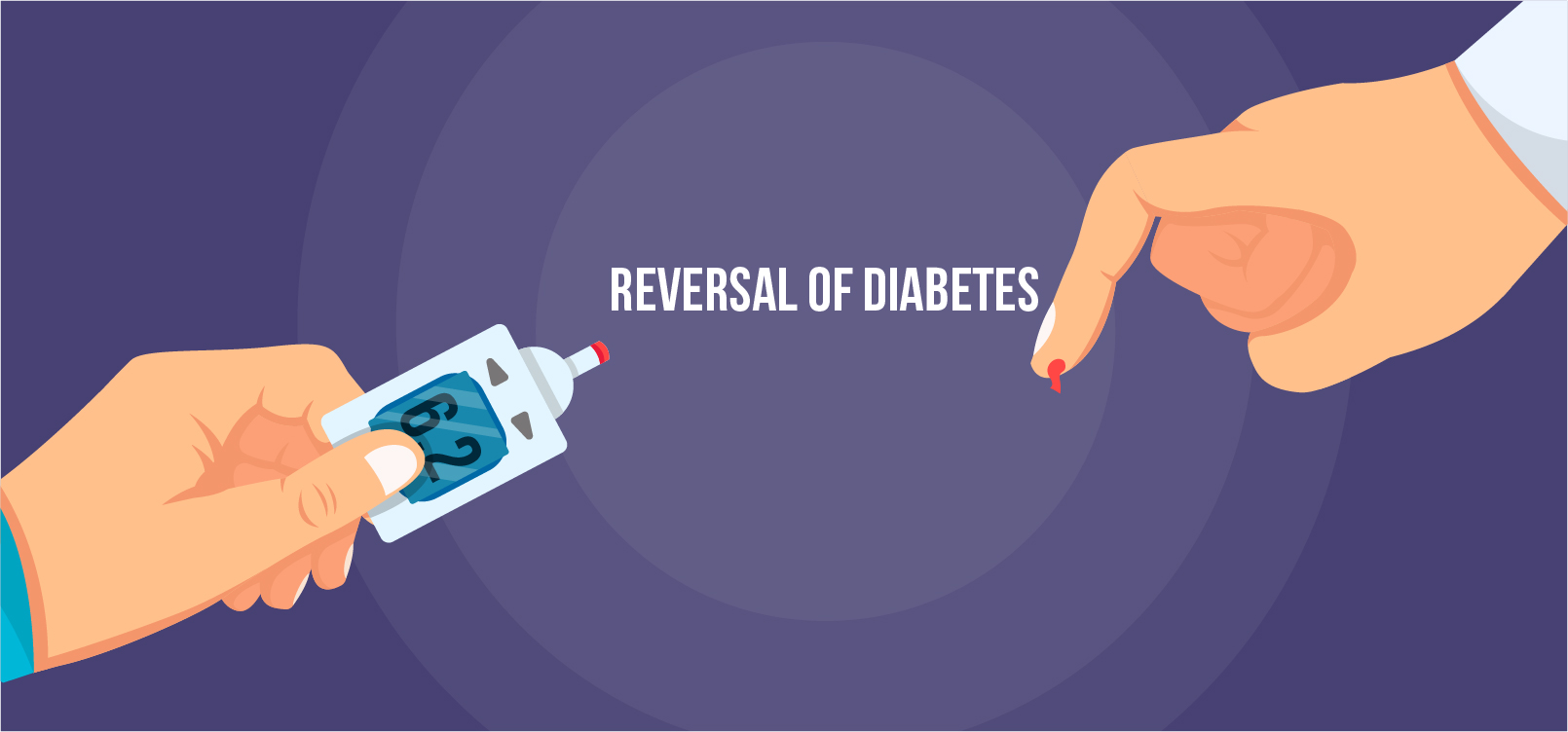
read more
INR 999
https://storage.googleapis.com/master-transformer-9446/DOSILY/Kite%20to%20Dosily%203/Reversal%20of%20Diabetes/Reversal%20of%20Diabetes_Explainer.mp4
Reversal of Diabetes
 3.8K
3.8K

₹ 999
Reversal of Diabetes

read more
INR 999
https://storage.googleapis.com/master-transformer-9446/DOSILY/Kite%20to%20Dosily%203/Management%20of%20GDM/Management%20of%20GDM_Explainer.mp4
Management of GDM
 10.7K
10.7K

₹ 999
Management of GDM

read more
INR 499
https://storage.googleapis.com/master-transformer-9446/DOSILY/Kite%20to%20Dosily%203/Insulinization%3A%20The%20Process%20and%20Evolution/Insulinization_%20The%20Process%20and%20Evolution_Explainer.mp4
Insulinization: The Process and Evolution
 8.2K
8.2K

₹ 499
Insulinization: The Process and Evolution
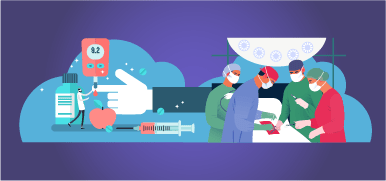
read more
INR 799
https://storage.googleapis.com/master-transformer-9446/DOSILY/Kite%20to%20Dosily%203/Perioperative%20Management%20of%20Type-2%20DM/Perioperative%20Management%20of%20type%20-2%20DM_Explainer.mp4
Perioperative Management of Type-2 DM
 8.1K
8.1K

₹ 799
Perioperative Management of Type-2 DM

read more
INR 999
https://storage.googleapis.com/master-transformer-9446/DOSILY/Kite%20to%20Dosily%203/Oxidative%20Stress%20in%20Diabetic%20Retinopathy/Oxidative%20Stress%20in%20Diabetic%20Retinopathy_Explainer.mp4
Oxidative Stress in Diabetic Retinopathy
 7.6K
7.6K

₹ 999
Oxidative Stress in Diabetic Retinopathy
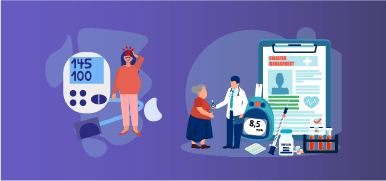
read more
INR 799
https://storage.googleapis.com/master-transformer-9446/DOSILY/Kite%20to%20Dosily%203/Diabetes%20in%20Special%20Populations%20Pregnancy%20and%20Elderly/Diabetes%20in%20Special%20Populations%20Pregnancy%20and%20Elderly_Explainer.mp4
Diabetes in Special Populations Pregnancy and Elderly
 7.2K
7.2K

₹ 799
Diabetes in Special Populations Pregnancy and Elderly
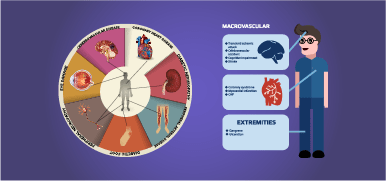
read more
INR 799
https://storage.googleapis.com/master-transformer-9446/DOSILY/Kite%20to%20Dosily%203/Diabetes%20Chronic%20Complications%20-%20Macrovascular%20Complications%20and%20Guidelines/Diabetes%20Chronic%20Complications-Macrovascular%20Complications%20and%20Guidelines_Explainer.mp4
Diabetes Chronic Complications – Macrovascular Complications and Guidelines
 7.1K
7.1K

₹ 799
Diabetes Chronic Complications – Macrovascular Complications and Guidelines
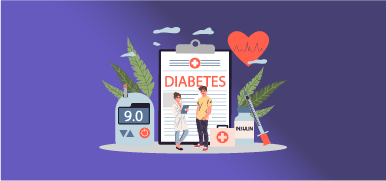
read more
INR 799
https://storage.googleapis.com/master-transformer-9446/DOSILY/Kite%20to%20Dosily%203/Management%20of%20Diabetes%20%E2%80%93%20GLP1%20Agonist%2C%20Insulin%20Therapy/Mangement%20of%20Diabetes%20-%20GLP1%20Agonist%2C%20Insulin%20Therapy_Explainer.mp4
Management of Diabetes – GLP1 Agonist, Insulin Therapy
 6.9K
6.9K

₹ 799
Management of Diabetes – GLP1 Agonist, Insulin Therapy

read more
INR 799
https://storage.googleapis.com/master-transformer-9446/DOSILY/Kite%20to%20Dosily%203/Insulin%20Masterclass/Insulin%20Masterclass_Explainer.mp4
Insulin Masterclass
 7K
7K

₹ 799
Insulin Masterclass
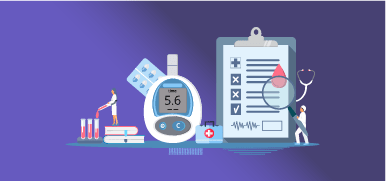
read more
https://storage.googleapis.com/master-transformer-9446/DOSILY/Kite%20to%20Dosily%203/MNT%20in%20Type%202%20Diabetes/MNT%20in%20type%202%20Diabetes%20Mellitus_Explainer.mp4
MNT in Type 2 Diabetes
 7.1K
7.1K

free
MNT in Type 2 Diabetes

read more
https://storage.googleapis.com/master-transformer-9446/DOSILY/Kite%20to%20Dosily%203/NIPHS-%20Nesidioblastosis%20and%20its%20Management/NIPHS-%20Nesidioblastosis%20and%20its%20Management_Explainer.mp4
NIPHS – Nesidioblastosis and its Management
 5.3K
5.3K

free
NIPHS – Nesidioblastosis and its Management
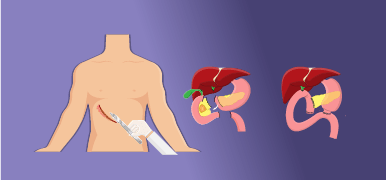
read more
https://storage.googleapis.com/master-transformer-9446/DOSILY/Kite%20to%20Dosily%203/Management%20of%20Post%20Whipples/Management%20of%20Post%20Whipples_Explainer.mp4
Management of Post Whipples
 5.8K
5.8K
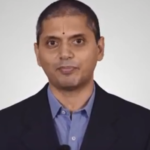
free
Management of Post Whipples
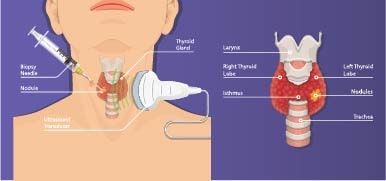
read more
INR 499
https://storage.googleapis.com/master-transformer-9446/DOSILY/Kite%20to%20Dosily%203/Thyroid%20Disorders%20and%20Its%20Management/Thyroid%20disorders%20and%20its%20Management_2_Explainer.mp4
Thyroid Disorders and Its Management
 6.7K
6.7K
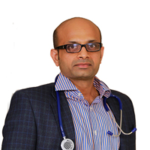
₹ 499
Thyroid Disorders and Its Management
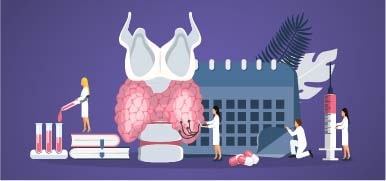
read more
INR 499
https://storage.googleapis.com/master-transformer-9446/DOSILY/Kite%20to%20Dosily%203/Thyroid%20Disorders%20-%20An%20Introduction/Thyroid%20disorders-%20An%20Introduction_Explainer.mp4
Thyroid Disorders – An Introduction
 5.9K
5.9K

₹ 499
Thyroid Disorders – An Introduction

read more
https://storage.googleapis.com/master-transformer-9446/DOSILY/Kite%20to%20Dosily%203/Ketogenic%20Diet%20in%20Type-2%20Diabetes/Ketogenic%20Diet%20in%20Type-2%20Diabetes_Explainer.mp4
Ketogenic Diet in Type-2 Diabetes
 6.6K
6.6K
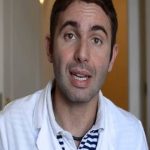
free
Ketogenic Diet in Type-2 Diabetes
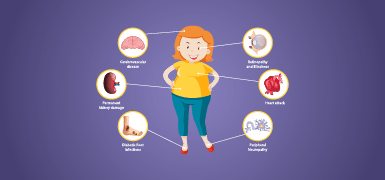
read more
https://storage.googleapis.com/master-transformer-9446/DOSILY/Kite%20to%20Dosily%203/Diabetes%20-%20Acute%20Complications/Diabetes%20-%20Complications%20Acute%20and%20Chronic%20(Microvascular)_Explainer.mp4
Diabetes – Chronic Complications (Microvascular)
 6.8K
6.8K

free
Diabetes – Chronic Complications (Microvascular)
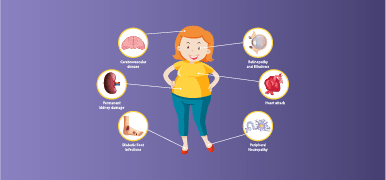
read more
https://storage.googleapis.com/master-transformer-9446/DOSILY/Kite%20to%20Dosily%203/Diabetes%20-%20Acute%20Complications/Diabetes%20-%20Complications%20Acute%20and%20Chronic%20(Microvascular)_Explainer.mp4
Diabetes – Acute Complications
 6.5K
6.5K

free
Diabetes – Acute Complications

read more
https://storage.googleapis.com/master-transformer-9446/DOSILY/Kite%20to%20Dosily%203/Diabetes%3A%20Screening%2C%20Diagnosis%20Classification%20and%20Evaluation/Diabetes%20Screening%20Diagnosis%20Calassification%20and%20Evaluation_%20Explainer.mp4
Diabetes: Screening, Diagnosis Classification and Evaluation
 7.4K
7.4K

free
Diabetes: Screening, Diagnosis Classification and Evaluation


read more
INR 799
https://storage.googleapis.com/master-transformer-9446/DOSILY/IP%20Courses/Insulin%20Therapy%20and%20Glucose%20Management%20in%20Hospitalized%20Patients/Insulin%20therapy%20and%20glucose%20management%20in%20hospitalized%20patients%20EXPL.mp4
Insulin Therapy and Glucose Management in Hospitalized Patients
 12.3K
12.3K
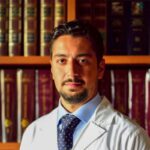
₹ 799
Insulin Therapy and Glucose Management in Hospitalized Patients
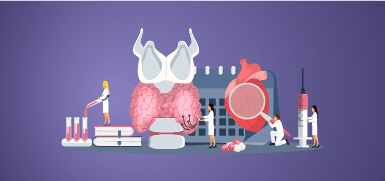
read more
https://storage.googleapis.com/master-transformer-9446/DOSILY/Kite%20to%20Dosily%203/Hypothyroidism%20and%20Its%20Effects%20on%20the%20Heart/Hypothyroidism%20and%20its%20Effects%20on%20the%20Heart_Explainer.mp4
Hypothyroidism and Its Effects on the Heart
 7K
7K

free
Hypothyroidism and Its Effects on the Heart

read more
INR 499
https://storage.googleapis.com/master-transformer-9446/DOSILY/Kite%20to%20Dosily%203/Diabetes%20and%20its%20Pathophysiology/Diabetes%20and%20its%20Pathophysiology_Explainer.mp4
Diabetes and its Pathophysiology
 5.9K
5.9K

₹ 499
Diabetes and its Pathophysiology

read more
https://storage.googleapis.com/master-transformer-9446/DOSILY/Kite%20to%20Dosily%203/Diabetes%20and%20Principles%20of%20Diet%20Planning/Diabetes%20and%20Principles%20of%20Diet%20Planning_Explainer.mp4
Diabetes and Principles of Diet Planning
 5.9K
5.9K

free
Diabetes and Principles of Diet Planning

read more
https://storage.googleapis.com/master-transformer-9446/DOSILY/Kite%20to%20Dosily%203/Diabetes%3A%20Nutrition%20Therapy%20Recommendations%20-%20ADA%20Guidelines/Diabetes%20Nutrition%20Therapy%20Recommendations_Explainer.mp4
Diabetes: Nutrition Therapy Recommendations – ADA Guidelines
 1.8M
1.8M

free
Diabetes: Nutrition Therapy Recommendations – ADA Guidelines
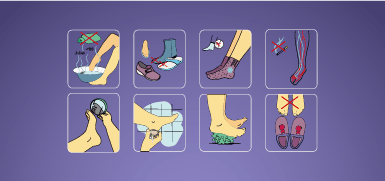
read more
INR 799
https://storage.googleapis.com/master-transformer-9446/DOSILY/Kite%20to%20Dosily%203/Wound%20Dressings%20for%20Diabetic%20Foot%20and%20Types%20of%20Footwear/Wound%20Dressings%20for%20Diabetic%20Foot%20and%20Types%20of%20Footwear_Explainer.mp4
Wound Dressings for Diabetic Foot and Types of Footwear
 5.7K
5.7K
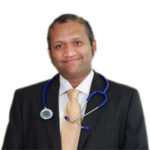
₹ 799
Wound Dressings for Diabetic Foot and Types of Footwear
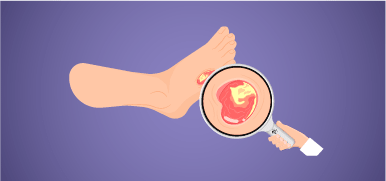
read more
INR 499
https://storage.googleapis.com/master-transformer-9446/DOSILY/Kite%20to%20Dosily%203/Risk%20Stratification%20of%20Diabetic%20Foot/Risk%20Stratification%20of%20Diabetic%20foot_Explainer.mp4
Risk Stratification of Diabetic Foot
 5.4K
5.4K

₹ 499
Risk Stratification of Diabetic Foot
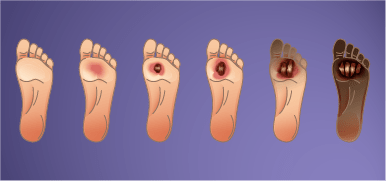
read more
INR 799
https://storage.googleapis.com/master-transformer-9446/DOSILY/Kite%20to%20Dosily%203/Amputation%20of%20Diabetic%20Foot/Amputation%20of%20Diabetic%20Foot_Explainer.mp4
Amputation of Diabetic Foot
 5.6K
5.6K

₹ 799
Amputation of Diabetic Foot
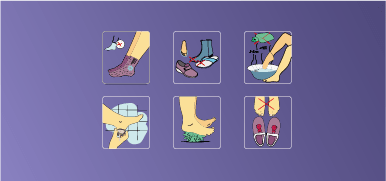
read more
INR 799
https://storage.googleapis.com/master-transformer-9446/DOSILY/Kite%20to%20Dosily%203/Diabetic%20Foot%20-%20Offloading/Diabetic%20Foot%20-%20Offloading_Explainer.mp4
Diabetic Foot – Offloading
 5.4K
5.4K

₹ 799
Diabetic Foot – Offloading

read more
INR 799
https://storage.googleapis.com/master-transformer-9446/DOSILY/Kite%20to%20Dosily%203/Diabetic%20Foot-%20Classification%20and%20Examination/Diabetic%20Foot-%20Classification%20and%20Examination_Explainer.mp4
Diabetic Foot – Classification and Examination
 5.5K
5.5K

₹ 799
Diabetic Foot – Classification and Examination

read more
https://storage.googleapis.com/master-transformer-9446/DOSILY/Kite%20to%20Dosily%203/Geriatric%20endocrinology_Batch_2/Geriatric%20endocrinology.mp4
Geriatric Endocrinology
 19.3K
19.3K
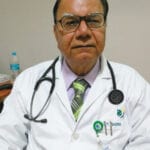
free
Geriatric Endocrinology
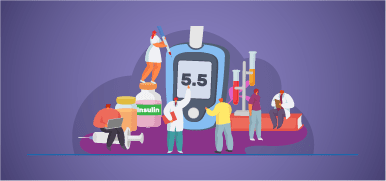
read more
INR 799
https://storage.googleapis.com/master-transformer-9446/DOSILY/IP%20Courses/Why%20are%20Diabetic%20Patients%20Still%20having%20Hyperglycemia/Why%20are%20Diabetic%20Patients_Explainer.mp4
Persistence of hyperglycemia in diabetic patients despite diet regulation and medication
 6K
6K

₹ 799
Persistence of hyperglycemia in diabetic patients despite diet regulation and medication

read more
INR 799
https://storage.googleapis.com/master-transformer-9446/DOSILY/IP%20Courses/Management%20of%20Diabetes%3A%20Non%20pharmacological%20%20and%20Pharmacological/Management%20of%20diabetes_Dr%20Vimal%20Pahuja%20_Explainer.mp4
Management of Diabetes: Non pharmacological and Pharmacological
 35.8K
35.8K

₹ 799
Management of Diabetes: Non pharmacological and Pharmacological

read more
INR 999
https://storage.googleapis.com/master-transformer-9446/DOSILY/IP%20Courses/Oxidative%20stress%20in%20type%202%20Diabetes%20mellitus%3A%20its%20importance%20in%20the%20management%20of%20patients/Oxidative%20Stress_Grace%20George_Explainer%20(1).mp4
Oxidative stress in type 2 Diabetes mellitus: its importance in the management of patients
 6.4K
6.4K

₹ 999
Oxidative stress in type 2 Diabetes mellitus: its importance in the management of patients
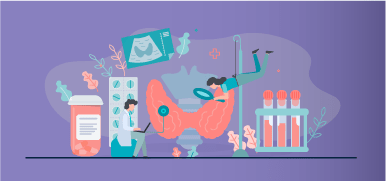
read more
INR 799
https://storage.googleapis.com/master-transformer-9446/DOSILY/IP%20Courses/Managing%20Subclinical%20-%20Hypothyroidism/Managing%20Clinical%20Hypothyroidism_Dr%20Sanjay%20Khare_Explainer.mp4
Managing Subclinical Hypothyroidism
 6.7K
6.7K

₹ 799
Managing Subclinical Hypothyroidism

read more
INR 799
https://storage.googleapis.com/master-transformer-9446/DOSILY/Kite%20To%20Dosily-2/Polycystic%20Ovary%20Syndrome/Polycystic%20Ovary%20Disease%20(2).mp4
Polycystic Ovary Syndrome
 7.3K
7.3K

₹ 799
Polycystic Ovary Syndrome
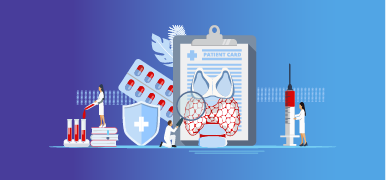
read more
INR 499
https://storage.googleapis.com/master-transformer-9446/DOSILY/Kite%20To%20Dosily-2/Endocrine%20system%20and%20its%20importance/Endocrine%20system%20and%20its%20importance-EXPL.mp4
Endocrine System and Its Importance
 2.4K
2.4K

₹ 499
Endocrine System and Its Importance
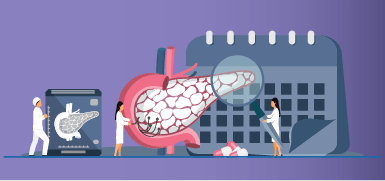
read more
INR 999
https://storage.googleapis.com/master-transformer-9446/DOSILY/Kite%20To%20Dosily/Approach%20to%20Severe%20Acute%20Pancreatitis/Acute_pancreatitis%20Explainer.mp4
Approach to Severe Acute Pancreatitis
 2.3K
2.3K

₹ 999
Approach to Severe Acute Pancreatitis
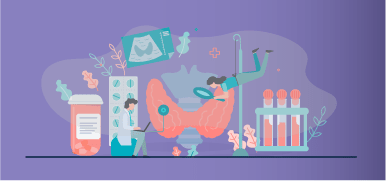
read more
INR 799
https://storage.googleapis.com/master-transformer-9446/DOSILY/Kite%20To%20Dosily/Thyroid%20physiology/Thyroid%20Physiology.mp4
Thyroid Physiology
 2.2K
2.2K

₹ 799
Thyroid Physiology

read more
INR 799
https://storage.googleapis.com/master-transformer-9446/DOSILY/Kite%20To%20Dosily/Diabetes/Diabetes%20Mellitus_V1.mp4
Important Concepts of Diabetes and Its Management
 6.3K
6.3K

₹ 799
Important Concepts of Diabetes and Its Management
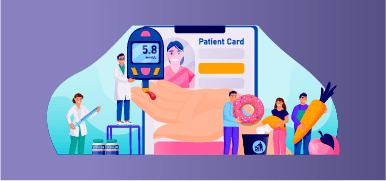
read more
INR 799
https://storage.googleapis.com/master-transformer-9446/DOSILY/IP%20Courses/Improving%20Clinical%20outcomes%20in%20Diabetes%20%3A%20Role%20of%20Medical%20Nutrition%20Therapy-Part%202/Improving%20Clinical%20Outcomes%20in%20Diabetes_Role%20of%20Medical%20Nutrition%20Therapy%20%20Part%202_EXP.mp4
Improving Clinical outcomes in Diabetes : Role of Medical Nutrition Therapy-Part 2
 6.5K
6.5K

₹ 799
Improving Clinical outcomes in Diabetes : Role of Medical Nutrition Therapy-Part 2
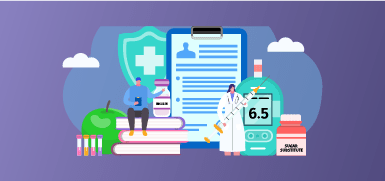
read more
INR 799
https://storage.googleapis.com/master-transformer-9446/DOSILY/IP%20Courses/Improving%20Clinical%20outcomes%20in%20Diabetes%20%3A%20Role%20of%20Medical%20Nutrition%20Therapy/Improving%20Clinical%20outcomesin%20Diabetes%20%20Role%20of%20Medical%20Nutrition%20Therapy_EXP.mp4
Improving Clinical Outcomes in Diabetes : Role of Medical Nutrition Therapy – Part 1
 6K
6K

₹ 799
Improving Clinical Outcomes in Diabetes : Role of Medical Nutrition Therapy – Part 1
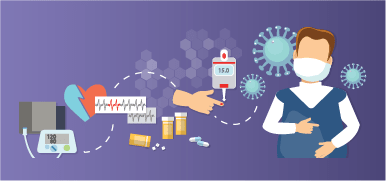
read more
INR 499
https://storage.googleapis.com/master-transformer-9446/DOSILY/IP%20Courses/Pathophysiology%20of%20Diabetes%20Mellitus/Pathophysiology%20of%20Diabetes%20Mellitus_Introduction.mp4
Pathophysiology of Diabetes Mellitus
 7.9K
7.9K

₹ 499
Pathophysiology of Diabetes Mellitus

read more
https://storage.googleapis.com/master-transformer-9446/DOSILY/IP%20Courses/Management%20of%20Gestational%20Diabetes/Gestational%20Diabetes%20Explainer.mp4
Management of Gestational Diabetes
 15.8K
15.8K

free
Management of Gestational Diabetes
Our alumni and partners
- Contact Us
- [email protected]
- Dosily 8, The Green Ste A, Dover, Kent, Delaware 19901.
- Powered by Medvarsity
Copyright 2021 Dosily.com








